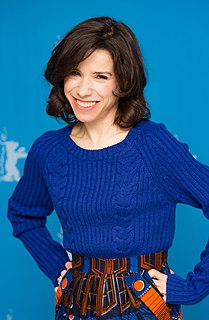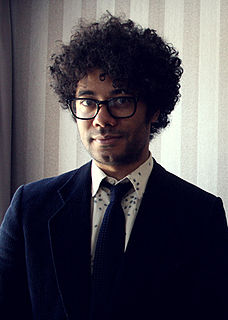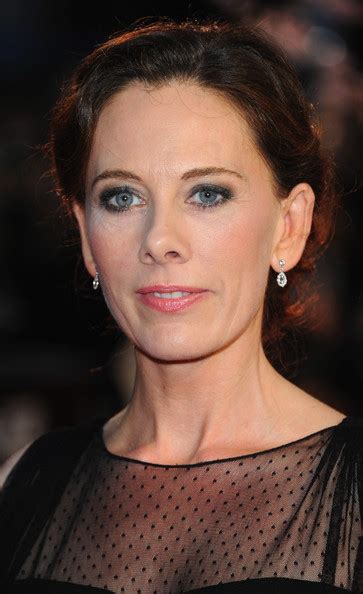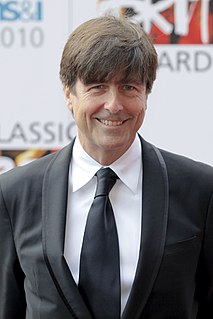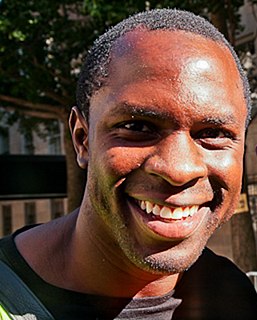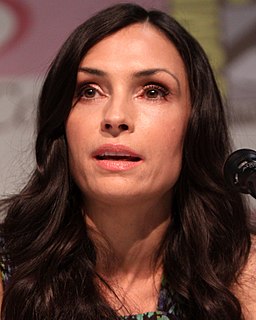A Quote by Sally Hawkins
Of course you want to be good and you want to do the best you can, but I am inspired by great writing. If there's something about the script, that's what I go for, although I know that that doesn't always translate because sometimes it's about the vision of the director.
Related Quotes
With a director it's all about the work; I'd work with a great director over - you know, I'm not the kind of actor who that doesn't go, 'I want to play this role.' It's more like, 'I want to work with this director,' regardless of what the role is because if it's a good director, you'll probably find a good role because it's a decent film. But a mediocre director will always make a mediocre movie.
It's not about the script: it's about who the director is and who the other people in the cast are. Because you can look at a great script and execute it in a very sophomoric way, and you can look at an OK script, and you can execute it in a very sophisticated way and come out with something really good.
It's not always about working with the hottest artist. I sometimes go for challenges although people look at me strangely like, 'Why are you doing that?!' However, with a risk sometimes comes a huge reward. It's about having the vision to be able to turn a challenge into something, and then you win the Heisman.
You know, my problem with most screenwriting is it is a blueprint. It's like they're afraid to write the damn thing. And I'm a writer. That's what I do. I want it to be written. I want it to work on the page first and foremost. So when I'm writing the script, I'm not thinking about the viewer watching the movie. I'm thinking about the reader reading the script.
The great thing I think when you do independents is that people are really there for the same reason. They're not there because they got a lot of money and they want to just go home and get it over with. They're there because they believe in the script or the director or the cast or whatever it is, and they want to make it work.
